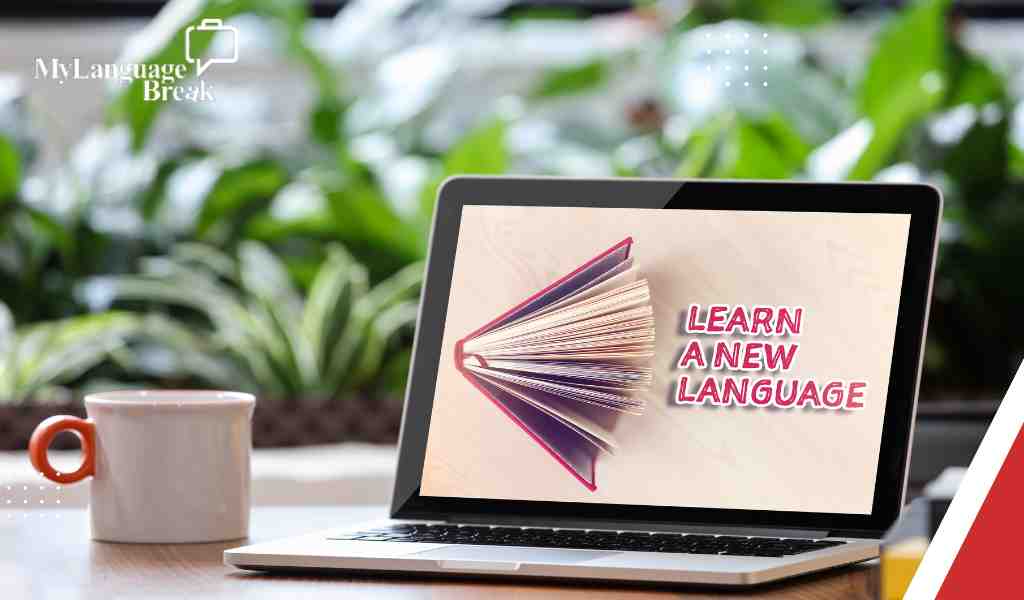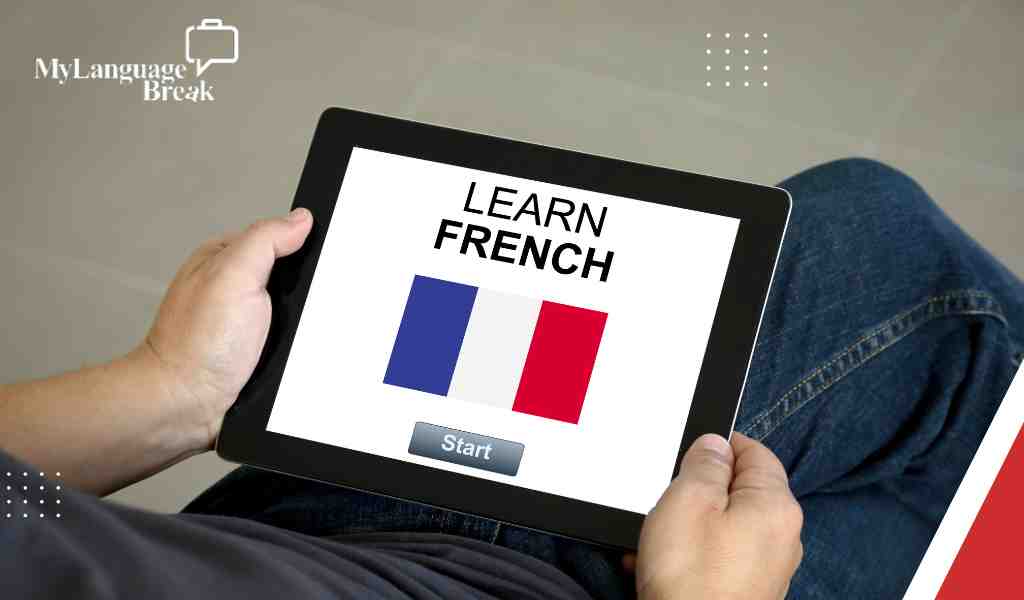With the increasing globalization of the world, the ability to speak multiple languages is becoming increasingly valuable. One of the most popular language-learning programs out there is Rosetta Stone, which promises to teach users a new language quickly and easily. But does Rosetta Stone really work? In this article, we will review both sides of the argument and help you decide if investing in Rosetta Stone is worth your time and money.
What is Rosetta Stone?
Rosetta Stone is a popular language-learning software that helps users learn new languages quickly and effectively. It is based on the idea of total immersion, which means that users are presented with native speakers and real-world content to help them learn the language as it is actually spoken. Rosetta Stone features a range of interactive activities and games to help learners develop their conversational skills, as well as audio lessons, videos, and educational tools. The software allows users to track their progress and customize their learning experience by selecting topics or levels that are appropriate for them. All in all, Rosetta Stone is an excellent choice for those who want to learn a new language in an efficient way.
How Does Rosetta Stone Teach?

Rosetta Stone is a language-learning program that uses an immersive approach. Instead of focusing on grammar rules and memorizing vocabulary, it introduces new words and sentence structures in context. It does this by presenting learners with pictures, audio, and text that represent everyday situations. Learners are prompted to match the images and words to form complete sentences in the target language. As learners progress through the course, they are exposed to more complex vocabulary and expressions, as well as cultural notes that help them gain a better understanding of the language they are studying. Rosetta Stone also provides support such as pronunciation feedback and live practice sessions with native speakers to further aid students in their learning journey.
Rosetta Stone’s Teaching Method
Rosetta Stone’s language-learning software uses an immersive, guided approach to teaching. This method is based on the premise that learning a language is best done through real-world context and meaningful conversations. Rather than relying on rote memorization, it focuses on understanding how the language works and encourages learners to use it in practical conversations.
The program involves four main components:
- speech recognition using TruAccent® technology allows students to practice speaking the language aloud and get feedback on their pronunciation
- image recognition technology helps them learn new words, grammar rules, and sentence structure.
- interactive activities are designed to keep learners engaged with different types of tasks like matching images or choosing correct answers from multiple choices.
- native-speaker audio offers authentic recordings from real people who speak the target language fluently so that users can hear how it should sound in real life.
Rosetta Stone App subscription prices
The primary inquiry that many people have is: Is Rosetta Stone worth the cost given its current online and app subscription prices? Here is how it is broken down:
- For 3 months with just one language, the cost is $35.97.
- With 12 months and access to an unlimited number of languages, you pay $119.88.
- For a 24-month subscription, you can get all the languages for $167.76.
- And if you want a lifetime of access to any language you desire, it will cost you $199.00.
Why does Rosetta Stone cost so much?

Rosetta Stone is an effective language-learning platform that has been around since 1992. Its main selling point is its interactive, immersive approach to language learning, which uses a combination of audio, visuals, and text-based lessons. It also offers live tutoring and community support. This combination of features is what makes the program so expensive; the cost reflects the quality of its content and the level of support available. Additionally, Rosetta Stone has invested significantly in research and development to create innovative ways of teaching language learners. The cost also covers the technology needed to deliver these lessons in a way that keeps users engaged and motivated to learn. In short, Rosetta Stone is expensive because it offers high-quality language learning content as well as a range of supportive services that make it easier for users to learn a new language.
The Pros:
Live tutoring lessons are a great way to get extra help with your studies. With live tutoring, you can get personalized instruction from an experienced tutor who can help you understand difficult concepts and improve your skills.
Well-done audio stories are an amazing way to experience a story without having to read it. They bring out the emotion of the characters in ways that you wouldn’t normally get from reading a book. Well-done audio stories add in sound effects and music to enhance the emotional impact of the story. They can be incredibly immersive, allowing you to feel like you are right there with the characters as they go through their journey.
Rosetta Stone has improved its pricing to make it more accessible for learners around the world. They have reduced the cost of their subscription plans and are offering discounts on language packs and other products. This allows more people to benefit from the advantages of learning a new language with Rosetta Stone. The innovative technology used in Rosetta Stone’s courses makes language learning easier and more enjoyable than ever before.
With enhanced features, interactive exercises, and real-life dialogue, you can quickly learn a new language and expand your horizons. Furthermore, Rosetta Stone also offers tools to help you track your progress and stay motivated throughout your studies. With improved pricing and all these features, there is no better way to learn a new language than with Rosetta Stone!
No English use to fall back on. When you don’t have English to fall back on, it can be a daunting experience. You may find yourself unable to communicate with those around you or understand what they are saying. This can be very intimidating and disorienting, particularly if you are in an unfamiliar country or culture.
There are ways to overcome this challenge, however. Learning key phrases and having a phrasebook handy can help bridge the communication gap when no English is available. Additionally, seeking out people who do speak English or looking for places that provide translation services can help ensure that you can access the language skills needed for success in any situation. With a little preparation and effort, you can navigate any situation without relying solely on your native tongue.
Ideal for fans of “learn like a baby” approaches. They focus on using real, everyday life experiences to help learners absorb information and learn new skills. This type of learning is ideal for those who want to gain knowledge quickly and efficiently. It also encourages creativity and problem-solving since it involves engaging with the material in a more hands-on way.
Additionally, it allows for greater flexibility in terms of how the material is taught and explored, making it easier for learners to tailor the experience to their own needs. By relying on meaningful tasks rather than rote memorization, learners can actively engage with the material and make connections between what they already know and what they are learning. If you’re looking for an effective way to learn that is both efficient and enjoyable, “learn like a baby” approaches may be perfect for you.

The Cons:
Template-Based Syllabus Design : They used the same trend with the pictures, which are reused repeatedly.
Insufficient In-Depth Experience : The program endeavors to provide atmosphere and ‘engagement’ through solely visuals and isolated sound bits.
No Grammar Explanations : This program brings forth numerous fresh ideas and phrases without clarifying any of the language’s workings, its fundamental laws or designs.
Intermittent Speech-Recognition Software : The voice-recognition program may still register you as right even if you mispronounced something, and can also give an incorrect assessment even when you spoke correctly.
Conclusion
If you’re a novice looking to submerge yourself in a fresh language, then Rosetta Stone is a worthwhile investment. It educates you on terminology by utilizing audio and visuals and enables you to exercise the language actively. However, it’s not an ideal option for those of an intermediate or advanced level.
Comments